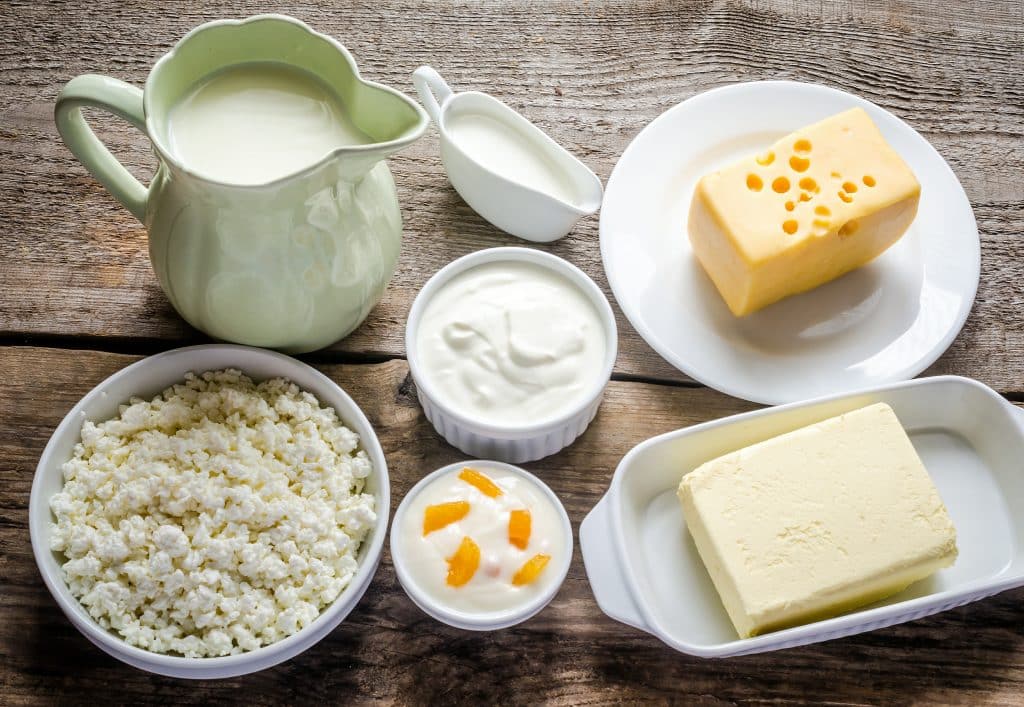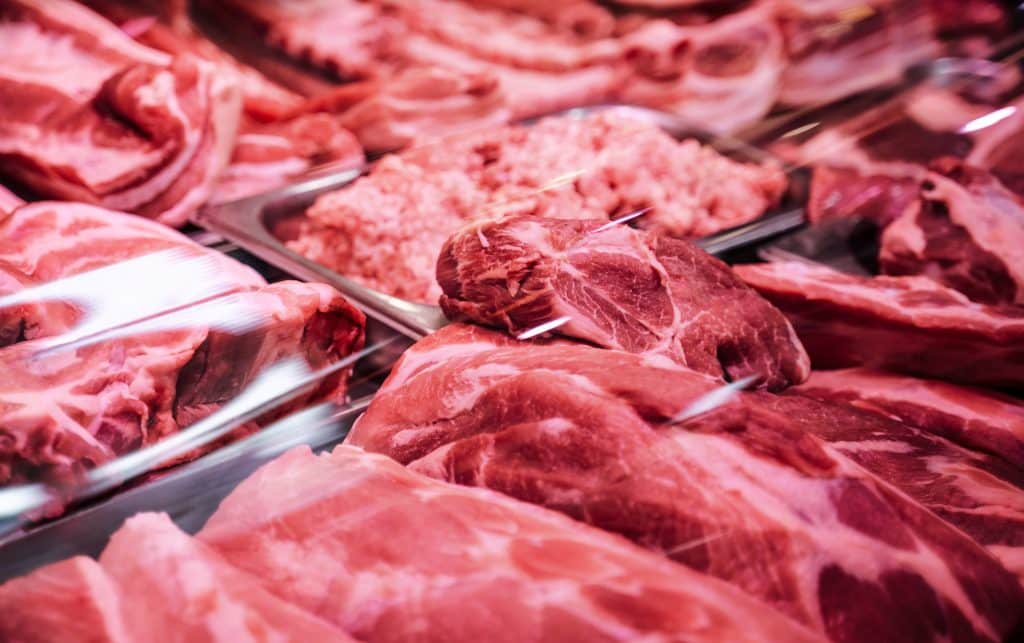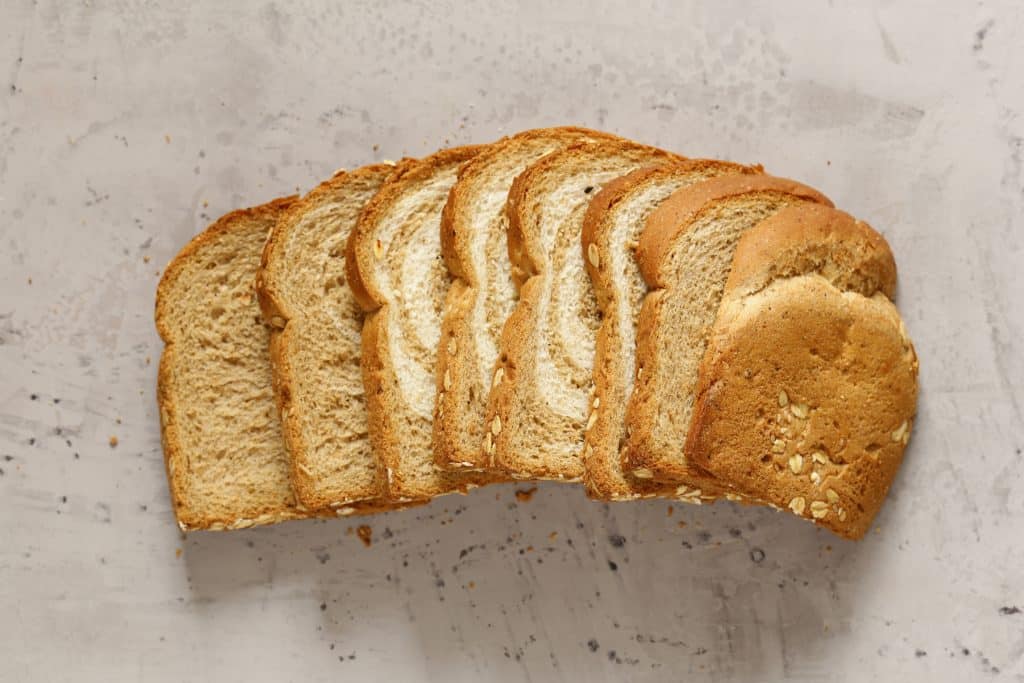Navigating through life with achy joints can be a daily struggle, impacting everything from your mobility to your mood. The good news is that your diet plays a significant role in joint health, offering a pathway to relief. This article aims to shed light on the foods that could be making your joint pain worse. By understanding the science behind inflammation and the role of specific foods, you can make informed choices for a more comfortable life. So, let’s delve into the dietary culprits that might be exacerbating your joint pain and explore healthier alternatives.
Contents
The Science Behind Achy Joints

Joint pain can be a complex issue, often resulting from a variety of factors such as inflammation, wear and tear, or even autoimmune conditions. Inflammation is the body’s natural response to injury or infection, but when it becomes chronic, it can lead to persistent pain. Foods that trigger inflammation can exacerbate this condition, making your joints feel even worse.
Understanding the science behind joint pain is crucial for making informed dietary choices. The foods you consume can either alleviate or aggravate inflammation. For instance, foods rich in omega-3 fatty acids can help reduce inflammation, while others, like those high in sugar and trans fats, can make it worse. With this foundational knowledge, let’s delve into the specific foods that are best avoided for healthier joints.
Sugary Foods And Drinks

Sugar is a well-known culprit when it comes to inflammation. Consuming high amounts of sugar can lead to spikes in insulin levels, which in turn triggers an inflammatory response. This can exacerbate joint pain and make daily activities more challenging. Foods and drinks high in sugar, such as sodas, candies, and pastries, should be consumed in moderation or avoided altogether.
But why does sugar have such a detrimental effect on joint health? The answer lies in its ability to trigger the release of inflammatory messengers called cytokines. These cytokines can cause inflammation to spiral out of control, leading to increased pain and discomfort. Cutting back on sugary foods and drinks is a straightforward way to reduce inflammation and improve joint health.
Processed Foods

Processed foods are convenient and often delicious, but they come with a hidden cost: they can be terrible for your joints. Many processed foods contain additives and preservatives that can trigger inflammation. For example, foods high in sodium or artificial sweeteners can exacerbate joint pain and should be avoided whenever possible.
The problem with processed foods extends beyond just additives and preservatives. They often contain trans fats, another significant contributor to inflammation. Trans fats can be found in items like chips, cookies, and frozen meals. By reducing your intake of processed foods, you’re taking a significant step toward improving your joint health and overall well-being.
Dairy Products

Dairy products have long been a subject of debate in the health community. While they offer essential nutrients like calcium and protein, they can also be a source of discomfort for those with sensitive joints. The protein casein, found in dairy, can trigger inflammation in some people. This inflammation can exacerbate joint pain, making activities like walking or even standing for extended periods uncomfortable.
If you find that dairy products worsen your joint pain, there are plenty of alternatives available. Plant-based milks such as almond milk, oat milk, and soy milk can be excellent substitutes. These alternatives often come fortified with the same essential nutrients found in traditional dairy products but without the inflammatory proteins. Making the switch could be a game-changer for your joint health.
Red Meat

Red meat, especially when consumed in excess, can also be problematic for your joints. One reason is the high level of saturated fats found in red meat, which can induce inflammation. This inflammation can lead to increased joint pain, making it difficult to carry out even simple tasks. While red meat is a good source of protein and essential nutrients, moderation is key.
If you’re looking to reduce joint pain, consider incorporating alternative protein sources into your diet. Fish, particularly those rich in omega-3 fatty acids like salmon and mackerel, can be excellent choices. Poultry such as chicken and turkey are also good options. By diversifying your protein sources, you can enjoy a balanced diet while taking care of your joints.
Fried Foods

The allure of fried foods is hard to resist. The crispy texture and rich flavor make them a favorite for many. However, the frying process introduces trans fats into the food, which are known to trigger inflammation. Foods like French fries, fried chicken, and doughnuts might taste good, but they can wreak havoc on your joints.
The issue with fried foods extends beyond just the trans fats. The high calorie and low nutrient content can also contribute to weight gain, putting additional stress on your joints. Opting for healthier cooking methods like baking, grilling, or steaming can make a significant difference in how your joints feel. These alternatives allow you to enjoy your favorite foods without the added joint pain.
Alcohol

Alcohol can have a dehydrating effect on the body, which is bad news for your joints. Dehydration can lead to a reduction in joint lubrication, making movement more painful and difficult. Moreover, excessive alcohol consumption can trigger inflammation, adding to the discomfort you may already be experiencing.
If you enjoy a drink now and then, moderation is crucial. Limiting your alcohol intake can have a positive impact on your joint health. Opt for drinks that are less likely to dehydrate you, and always make sure to balance your alcohol consumption with plenty of water. This approach will help you enjoy yourself while still taking steps to improve your joint health.
Gluten And Whole Grains

Whole grains and foods containing gluten often get a bad rap when it comes to joint health. Gluten, a protein found in wheat, barley, and rye, can cause inflammation in some individuals, particularly those with gluten sensitivity or celiac disease. This inflammation can exacerbate joint pain, making it more difficult to go about your daily activities without discomfort.
If you suspect that gluten is affecting your joints, consider trying a gluten-free diet for a few weeks to see if your symptoms improve. There are plenty of gluten-free grains like quinoa, rice, and oats that can serve as excellent substitutes. Always consult with a healthcare provider before making significant changes to your diet, especially if you have existing health conditions.
Nightshade Vegetables

Nightshade vegetables like tomatoes, eggplants, and peppers are nutritious but can be problematic for some people with joint pain. These vegetables contain a compound called solanine, which has been suggested to trigger inflammation in some individuals. While the evidence is inconclusive, some people report relief from joint pain when they eliminate nightshades from their diet.
If you’re curious about whether nightshades affect your joint health, consider eliminating them from your diet for a few weeks to observe any changes. Replace them with other colorful vegetables like carrots, beets, and leafy greens that are known for their anti-inflammatory properties. Again, consulting a healthcare provider for personalized advice is always a good idea.
Reevaluate Your Diet For Healthier Joints!
Navigating the complexities of joint pain can be overwhelming, but the power to make a difference lies in your hands. By being mindful of your food choices, you can pave the way for a life with less pain and more freedom. You don’t have to make drastic changes overnight; even small adjustments can yield noticeable results. So what are you waiting for? Begin your journey toward healthier joints today by reevaluating your diet and making the changes that serve you best!


